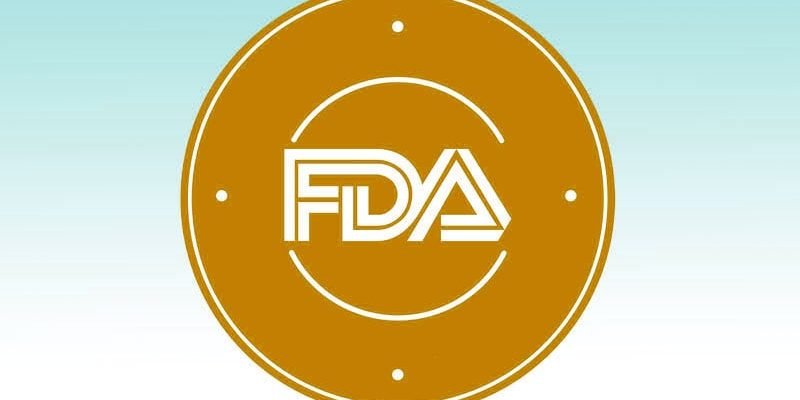The US Food and Drug Administration (FDA) released a draft guidance this week that aims to improve the accelerated approval pathway for oncology drugs.
The draft guidance, published in the Federal Register on March 27, outlines recommendations for cancer drug sponsors that intend to seek an accelerated approval. The FDA’s goal is to beef up the design of these clinical trials by, for instance, conducting more randomized controlled trials (RCTs) and fewer single-arm trials.
Over the past few decades, an increasing number of cancer drugs have been approved through the FDA’s accelerated pathway. Although this process has brought many cancer drugs to market faster, data show that these drugs are often approved based on a single clinical trial using surrogate endpoints, and many of these trials have no control group.
That has left lingering uncertainty surrounding the long-term safety and effectiveness of these drugs. And some ultimately don’t pass muster. The FDA has completed withdrawals for nearly two dozen accelerated approval indications in oncology.
With its new guidance, the FDA hopes to strike a better balance between speed and quality.
“Building quality and efficiency into the design of oncology clinical trials is a crucial component in providing maximum benefit to those living with cancer,” said Richard Pazdur, MD, director of the FDA’s Oncology Center of Excellence.
The guidance largely focuses on recommendations for assessing new treatments via RCTs, instead of single-arm studies, to provide “a more robust efficacy and safety assessment.”
In the draft guidance, the FDA highlighted that sponsors can choose a one-trial approach where they perform a single RCT that supports both the accelerated approval and is powered to assess a longer-term clinical endpoint. Sponsors can also opt for a two-trial approach, where the first trial assesses an earlier endpoint, such as response rate, to support the accelerated approval, and then can conduct a second, confirmatory trial to verify the longer-term clinical endpoint, such as progression-free survival or overall survival.
According to the agency, the one-trial approach can help maintain “efficiency in drug development and can provide early access to a drug using the accelerated approval pathway while ensuring that a postmarketing trial is fully accrued and well underway to verify longer-term benefit in a timely fashion.”
For this approach, the FDA says the trial sample size should be adequately powered to detect a clinically meaningful and statistically significant improvement in the endpoints used for accelerated approval, such as response rate, as well as to verify clinical benefit, using progression-free or overall survival.
For the two-trial approach, the FDA “strongly” recommends that confirmatory trials are “well underway, if not fully enrolled, by the time of the accelerated approval action” to avoid delays in completing these follow-up trials.
The FDA is looking for comments on the draft guidance before it begins work on the final version of the guidance. Those interested in giving feedback on the draft guidance can submit electronic or written comments under Docket No. FDA-2023-D-0110 by May 26, 2023.
For more news, follow Medscape on Facebook, Twitter, Instagram, and YouTube.








